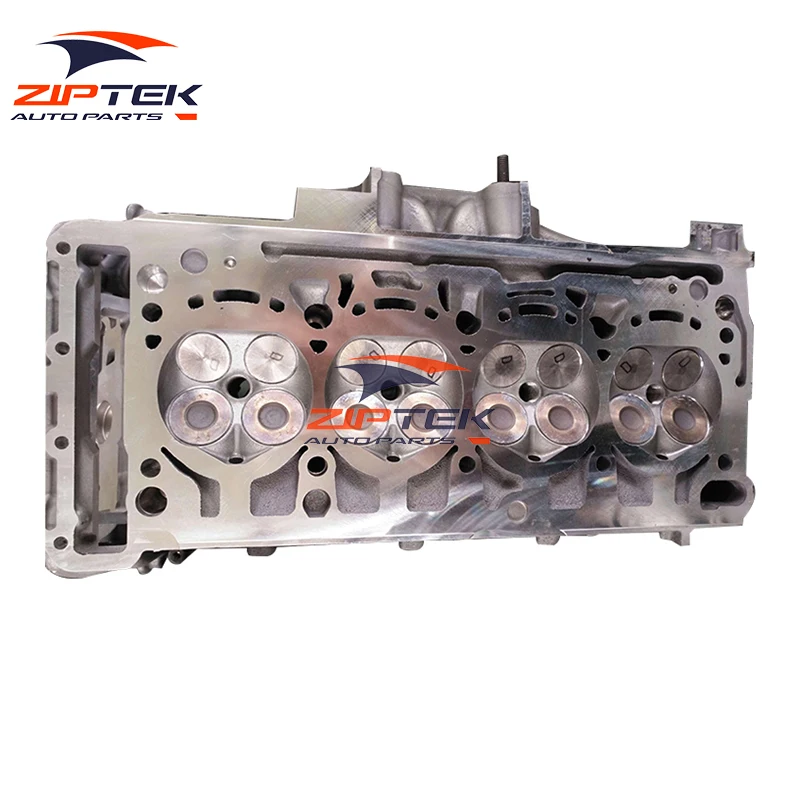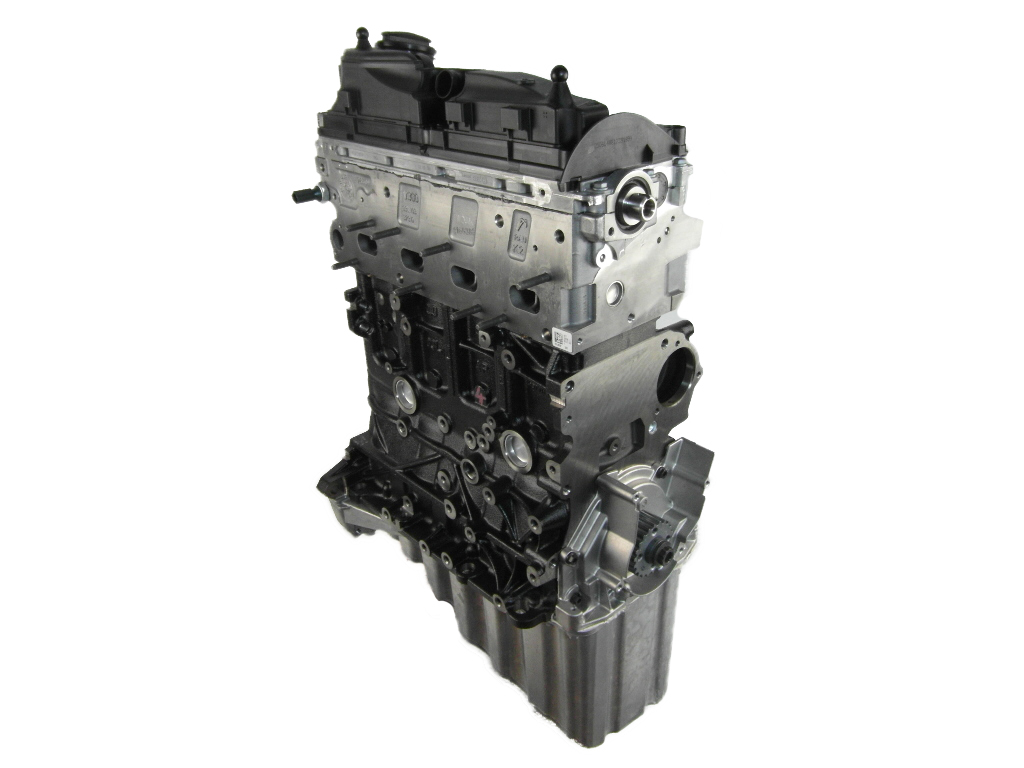Navigating the Process of Engine Choice: Trick Elements to Consider
The procedure of engine choice is a multifaceted undertaking that requires careful evaluation of numerous vital elements to guarantee positioning with operational goals. Efficiency needs, gas performance, and budgetary constraints are simply the beginning; factors to consider around ecological impact and maintenance assistance play an essential duty in the decision-making structure.
Performance Needs
When selecting an engine, it is important to develop clear efficiency needs that straighten with the designated application. Efficiency requirements include a variety of factors, consisting of power result, torque characteristics, and responsiveness, which need to be customized to the particular needs of the car or equipment concerned.
Power result, normally gauged in horse power, figures out the engine's ability to propel a vehicle or do a task successfully. Torque, on the other hand, is essential for applications calling for solid preliminary velocity or hefty lifting capacities. An understanding of the functional environment is also vital; as an example, engines developed for off-road applications might need different performance features compared to those meant for highway use.
Furthermore, think about the functional lots and duty cycle, as these elements affect the engine's long life and integrity. In high-load scenarios, a durable engine style might be necessary to avoid premature wear or failing. In addition, efficiency needs must additionally incorporate factors to consider for discharge standards and governing compliance, specifically in areas with stringent ecological regulations. By defining these performance specifications early in the selection process, stakeholders can make informed decisions that boost general functional effectiveness and efficiency.
Gas Efficiency Considerations
While performance needs are important, gas efficiency is similarly vital in the engine selection process, as it directly affects operating expense and ecological sustainability. Fuel-efficient engines eat much less fuel per system of job performed, which not only decreases overall expense but likewise minimizes greenhouse gas exhausts. As organizations significantly prioritize sustainability, picking an engine that enhances gas effectiveness can enhance business responsibility and compliance with ecological policies.
When evaluating gas efficiency, it is necessary to think about the engine's design and modern technology - amarok engine for sale. Technologies such as turbocharging, straight fuel shot, and hybrid systems can substantially improve gas economy. Furthermore, recognizing the operating problems and responsibility cycles of the engine application is essential; engines may execute in a different way under differing loads and speeds
Additionally, manufacturers typically give fuel intake information that can be used to compare various engine choices. In summary, gas effectiveness is a multi-faceted consideration that requires comprehensive evaluation throughout the engine option procedure.
Budget Plan and Cost Evaluation
Budget plan and expense evaluation acts as a critical part in the engine choice process, affecting both temporary investments and long-lasting operational expenditures. When evaluating possible engines, it is vital to think about not only the first purchase cost however likewise the complete price of ownership, which encompasses installation, maintenance, fuel usage, and possible downtime.
A complete evaluation needs to begin with the in advance costs connected with the engine, including required modifications or supplementary equipment. Nevertheless, focusing solely on first expenses may bring about misguided choices. Examining operating expenses over the engine's life expectancy is just as crucial, as a lot more pricey engines could supply exceptional gas performance or decreased upkeep demands, inevitably resulting in set you back financial savings.

Ecological Impact Factors
Recognizing ecological influence elements is important in the engine selection process, as sustainability factors to consider have actually become progressively vital for both governing compliance and business duty. Organizations must assess the discharges generated by various engine types, including co2, nitrogen oxides, particle matter, and unburned hydrocarbons. These discharges add considerably to air pollution and environment modification, necessitating a cautious evaluation of the engine's ecological footprint.
Moreover, fuel kind plays a critical function in ecological impact. Engines powered by renewable resource sources, such as biofuels or hydrogen, have a tendency to have a reduced ecological effect compared to traditional fossil gas. In addition, the lifecycle evaluation of the engine, from production via operation to disposal, should be taken into consideration to recognize explanation the complete scope of its environmental effects.

Upkeep and Support Alternatives
When choosing an engine, the availability of upkeep and support options is a critical factor to consider that can significantly affect operational performance and long life. Comprehensive upkeep plans make certain that the engine operates at peak efficiency and reduces unanticipated downtimes. It is crucial to evaluate the supplier's support network, consisting of the availability of qualified professionals and service centers.
Evaluating the ease of access of spare parts is also crucial. A trusted supply chain for parts can decrease lead times for repair services and upkeep, therefore boosting general performance. Furthermore, take into consideration the simplicity of acquiring technical documentation and training resources, which are vital for guaranteeing that personnel are well-appointed to take care of routine and emergency situation scenarios.
An additional important factor is the warranty and service agreements provided by the manufacturer. Eventually, a positive strategy to upkeep and support not only extends the life check my reference of the engine yet likewise adds to the total success of the operation.
Verdict
In final thought, the process of engine selection necessitates a comprehensive evaluation of various vital aspects, consisting of performance demands, gas efficiency, budget plan restraints, ecological influence, and upkeep assistance. By thoroughly examining these components, informed choices can be made that straighten with functional purposes and sustainability goals. Eventually, a strategic strategy to engine choice will certainly make sure optimal performance and durability while attending to environmental and financial considerations successfully.
While performance demands are crucial, gas performance is just as important in the engine choice process, as it straight influences operating costs and ecological sustainability. As companies increasingly prioritize sustainability, picking an engine that enhances gas effectiveness can improve corporate responsibility and conformity with ecological regulations.
Additionally, understanding the operating problems and responsibility cycles of the engine application is crucial; engines might execute differently under differing rates and tons. (amarok engine for sale)
Evaluating operating prices over the engine's lifespan is equally crucial, as extra pricey engines might provide remarkable gas efficiency or decreased upkeep demands, eventually leading to set you back financial savings.
In verdict, the process of engine choice demands a detailed evaluation of various vital variables, about his consisting of efficiency demands, gas effectiveness, spending plan constraints, environmental impact, and maintenance assistance. - amarok engine for sale